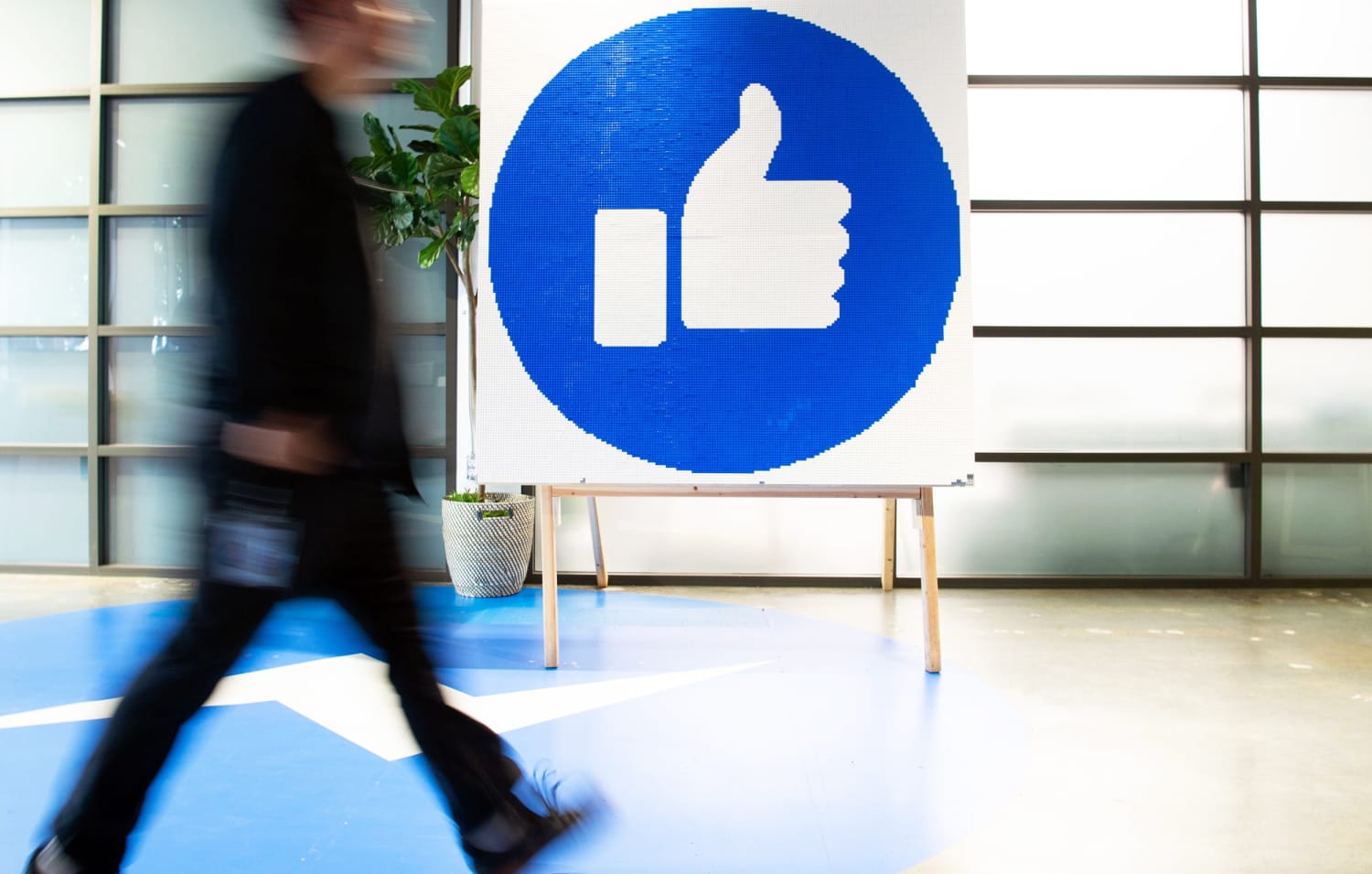Facebook’s Oversight Board on Thursday issued its first round of decisions, overturning several of the company’s decisions to remove posts for violating its policies on hate speech, violence and other issues.
The first-ever rulings, which Facebook has said it will abide by, come in the run-up to a far more consequential decision the board will make in the weeks ahead: Whether or not to overturn Facebook’s decision to suspend former President Donald Trump’s account in the wake of the Jan. 6 riots in Washington, D.C.
The Board, a group of 20 journalists, politicians and judges from around the world, was formed last year and has been tasked with passing judgment on the social media giant’s handling of the most difficult content issues. It claims total independence from Facebook, and Facebook has said that the decisions it makes will be binding.
Thursday’s decisions offer a sign that the social media giant’s newly formed “Supreme Court” intends to err on the side of free speech.
“For all board members, you start with the supremacy of free speech,” Alan Rusbridger, one of the 20 board members and the former editor-in-chief of the Guardian, said in an interview before the decisions were made public. “Then you look at each case and say, what’s the cause in this particular case why free speech should be curtailed?”
The board’s first rulings concerned five cases in which Facebook had removed posts for violating its policies. And in four out of the five cases reviewed, the board voted to overturn Facebook’s original decisions. The board also called on Facebook to give users greater clarity over its policies and how it intends to enforce them.
Two of those rulings pertained to Facebook’s policy on hate speech, one which it overturned and one which it upheld.
In the first case, Facebook had removed a post from a user in Myanmar who appeared to disparage Muslims as psychologically inferior. While the company decided that the post violated its policy, the Board ruled that terms used “were not derogatory or violent.”
“While the post might be considered pejorative or offensive towards Muslims, it did not advocate hatred or intentionally incite any form of imminent harm,” the board wrote.
In the second case, a user posted a term to describe Azerbaijanis that Facebook interpreted as a slur. The Board similarly ruled that “the context in which the term was used makes clear it was meant to dehumanize its target,” and thus upheld Facebook’s decision.
The third case pertained to nudity: the board overturned Facebook’s decision to remove an Instagram post from a user in Brazil intended to raise awareness about breast cancer. The post included five photographs that showed women’s nipples, which the Board declared permissible in light of Facebook’s own policy exception for “breast cancer awareness.”
The fourth case pertained to violence: One user quoted Joseph Goebbels, the Nazi propagandist who is on Facebook’s list of “dangerous individuals.” Facebook policy states that quotes attributed to such individuals are an expression of support for that individual unless otherwise stated. But the Board said the quote “did not support the Nazi party’s ideology or the regime’s acts of hate and violence.”
Source: | This article originally belongs to Nbcnews.com










